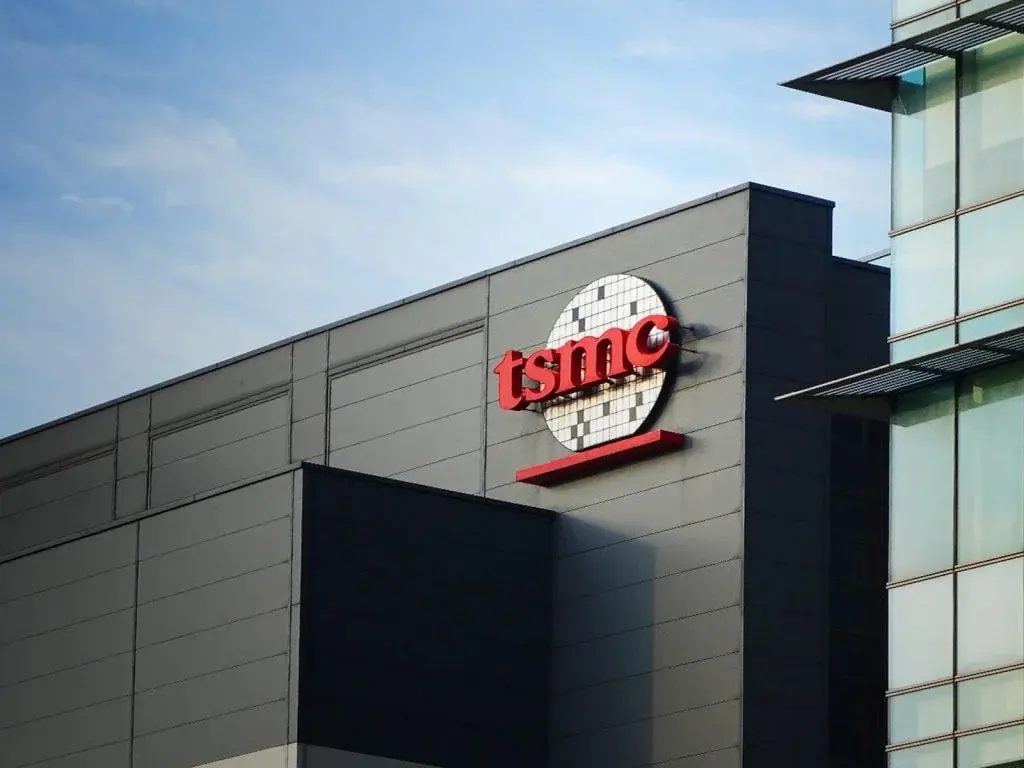TSMC will commence the trial production of 2nm chips next week, which will initially be used by Apple for the iPhone 17 series and other Apple products. Interestingly, this trial production is starting much earlier than anticipated.
Initially, the trial production was slated to begin in Q4 (in October or later). This early start is seen as an effort to accelerate production to ensure a stable yield before moving to mass production. For context, trial production is where the company tests out the production line processes that will be used later for mass production.
TSMC’s 2nm Fabrication Process
TSMC first showcased its 2nm fabrication process in December last year. The trial production will take place at TSMC’s Baoshan plant in northern Taiwan. The necessary equipment for 2nm production has already been delivered and installed at the Baoshan plant since the second quarter.
The iPhone 15 Pro models feature the A17 Pro chipset, made using TSMC’s 3nm process. This process allows more transistors to be packed into a smaller space, thereby enhancing performance and efficiency compared to its predecessor. Apple’s M4 chip, which recently launched with the new iPad Pro, uses an advanced 3nm fabrication process.
Challenges and Future Plans
Achieving a sufficient yield rate (the percentage of chips that pass quality-control checks) is typically one of the biggest hurdles for new process nodes. For instance, TSMC’s 3nm chips had a yield rate of around 50% back in April last year.
Apple was previously believed to have reserved the entire production capacity of TSMC’s 3nm chips for the A17 Pro and M3 chip. It may do the same with TSMC for the 2nm production capacity. A report from May last year indicated that the company was working on securing all the production capacity of 2nm chips.
TSMC plans to use gate all around (GAA) technology starting with the 2nm processes, which will enhance performance and power efficiency. Additionally, TSMC aims to introduce back-side power supply (BSPR) technology with the 2nm chips.


Leave a Reply